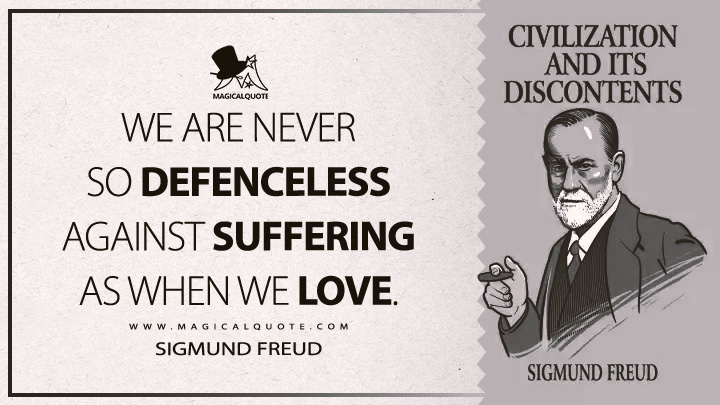

Hamid is an amazingly gifted writer, and Discontent and Its Civilizations is a near-perfect essay collection, filled with insight, compassion, and intellect. That's what's so refreshing about Hamid's book - he avoids platitudes and easy answers, recognizing that the self, like art and politics, is full of contradictions. In other words, the relationship between the two countries is, like pretty much everything that relates to international politics, much more complex than we realize.

Each side blames the other for putting its citizens in grave danger, and each is correct to do so." and the Pakistani military remains, therefore, a relationship between parties viewing one another through gunsights. The situation, Hamid says, is even more complex than citizens of either country tend to imagine: "The alliance between the U.S.

"Pakistan plays a recurring role as villain in the horror subindustry within the news business," he writes, noting that the relationship between that country and the United States deteriorated dramatically after the killing of Osama bin Laden and several American drone strikes that killed Pakistani civilians. The personal essays in "Life" describe Hamid's somewhat nomadic childhood and adulthood - he was born in Lahore, Pakistan, where he now lives, but he spent many years in New York and London. The book is divided into three sections, "Life," "Art" and "Politics," and it's clear that for Hamid, the three are closely intertwined. The essays in Discontent and Its Civilizations form something like a memoir, although indirectly. "The self we create is a fiction," Hamid writes, and it's one that's getting harder and harder to write. While both books tackle the role of the individual in society, Hamid's book is more personal and much more wide-ranging, concerned with the ways in which human beings invent themselves in a global society that's become both closer and more divided than ever before. The title of Hamid's new essay collection, Discontent and Its Civilizations, is obviously a play on Freud's controversial, classic work, but that's where the similarities end. Civilizations encourage our hypocrisies to flourish." They contribute to globalization's brutality. In his new book, novelist and essayist Mohsin Hamid expresses some doubts: "Civilizations are illusions, but these illusions are pervasive, dangerous, and powerful. Though maybe it depends on what you mean by justice, and how you define "civilization" - if you can at all. Ideally, this is true, but it often seems like some civilizations never got the message. is that of justice," wrote Sigmund Freud in his 1930 book Civilization and Its Discontents. Your purchase helps support NPR programming. Close overlay Buy Featured Book Title Discontent and Its Civilizations Subtitle Dispatches from Lahore, New York, and London Author Mohsin Hamid


 0 kommentar(er)
0 kommentar(er)
